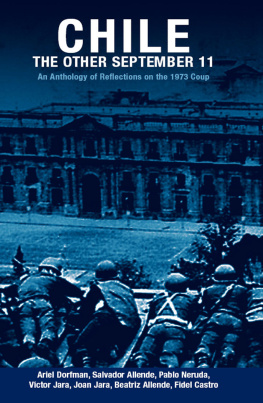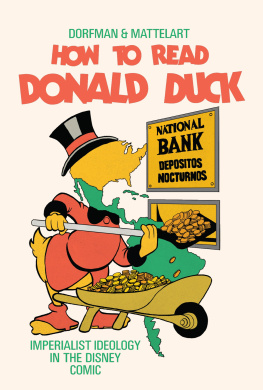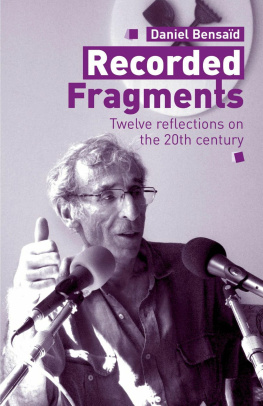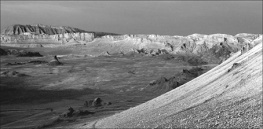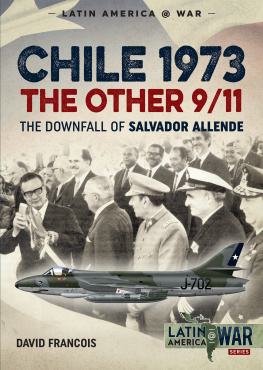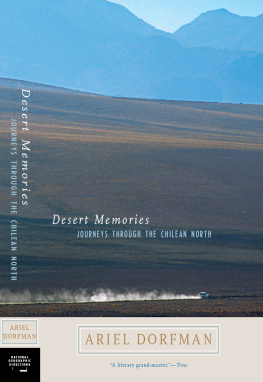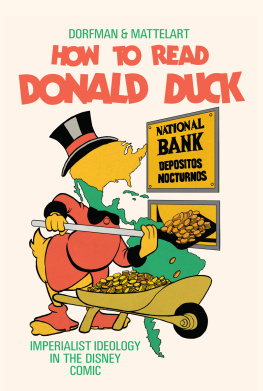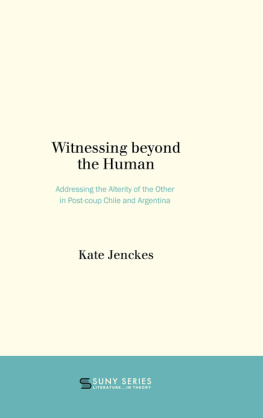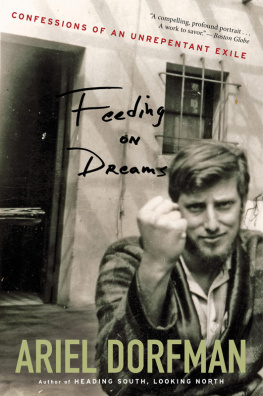Ariel Dorfman - Chile: The Other September 11: An Anthology of Reflections on the 1973 Coup
Here you can read online Ariel Dorfman - Chile: The Other September 11: An Anthology of Reflections on the 1973 Coup full text of the book (entire story) in english for free. Download pdf and epub, get meaning, cover and reviews about this ebook. year: 2016, publisher: Ocean Press, genre: Detective and thriller. Description of the work, (preface) as well as reviews are available. Best literature library LitArk.com created for fans of good reading and offers a wide selection of genres:
Romance novel
Science fiction
Adventure
Detective
Science
History
Home and family
Prose
Art
Politics
Computer
Non-fiction
Religion
Business
Children
Humor
Choose a favorite category and find really read worthwhile books. Enjoy immersion in the world of imagination, feel the emotions of the characters or learn something new for yourself, make an fascinating discovery.
- Book:Chile: The Other September 11: An Anthology of Reflections on the 1973 Coup
- Author:
- Publisher:Ocean Press
- Genre:
- Year:2016
- Rating:4 / 5
- Favourites:Add to favourites
- Your mark:
- 80
- 1
- 2
- 3
- 4
- 5
Chile: The Other September 11: An Anthology of Reflections on the 1973 Coup: summary, description and annotation
We offer to read an annotation, description, summary or preface (depends on what the author of the book "Chile: The Other September 11: An Anthology of Reflections on the 1973 Coup" wrote himself). If you haven't found the necessary information about the book — write in the comments, we will try to find it.
Ariel Dorfman: author's other books
Who wrote Chile: The Other September 11: An Anthology of Reflections on the 1973 Coup? Find out the surname, the name of the author of the book and a list of all author's works by series.
Chile: The Other September 11: An Anthology of Reflections on the 1973 Coup — read online for free the complete book (whole text) full work
Below is the text of the book, divided by pages. System saving the place of the last page read, allows you to conveniently read the book "Chile: The Other September 11: An Anthology of Reflections on the 1973 Coup" online for free, without having to search again every time where you left off. Put a bookmark, and you can go to the page where you finished reading at any time.
Font size:
Interval:
Bookmark:
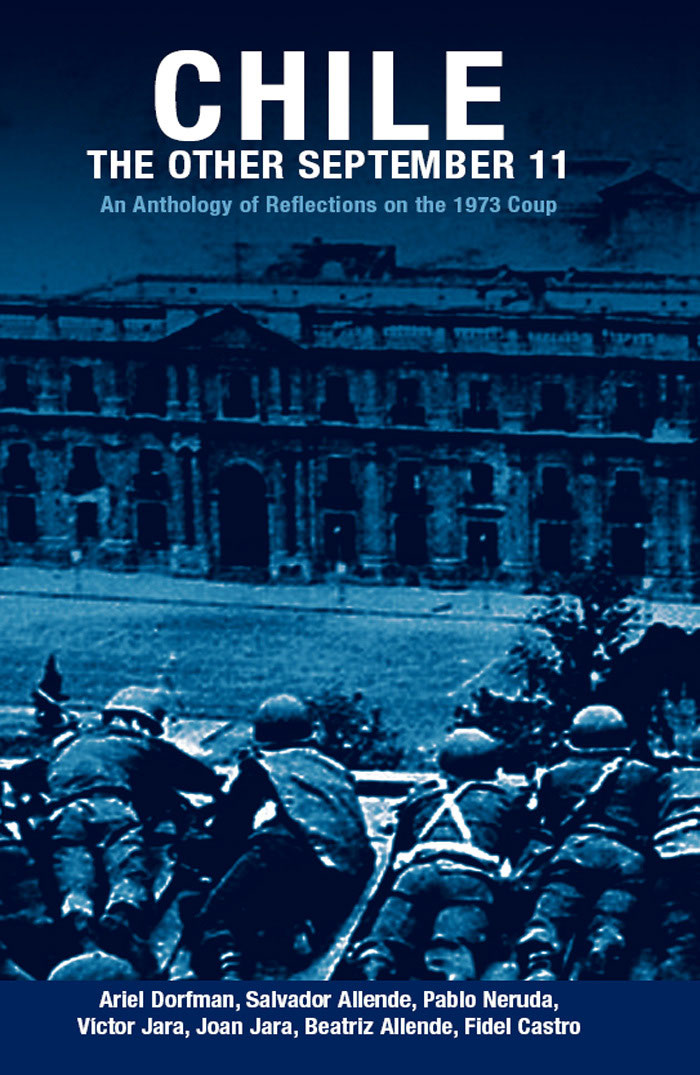

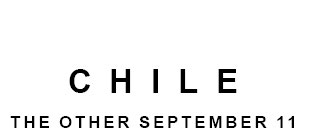
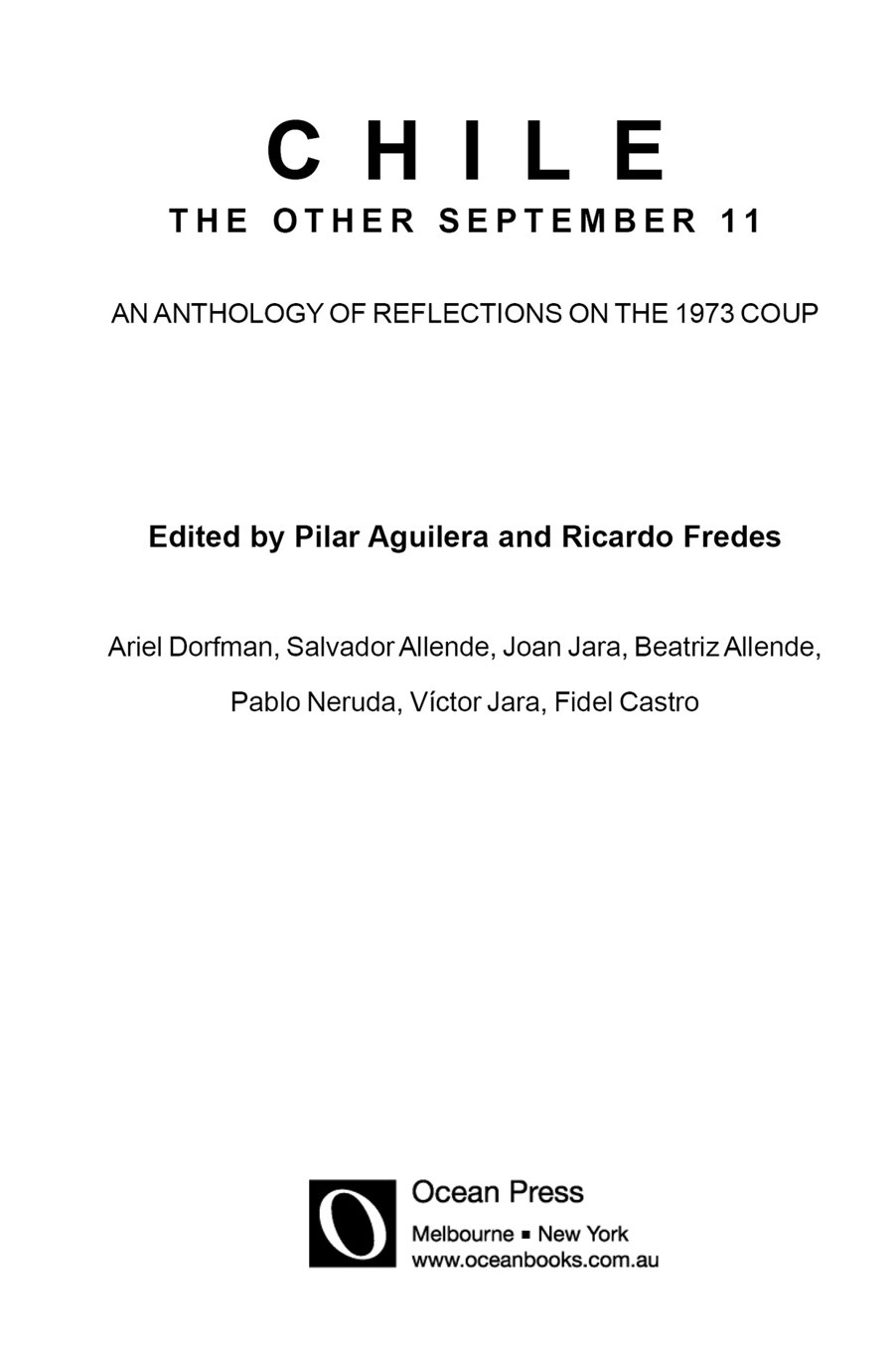
Cover design by Ocean Press
Copyright 2006 Ocean Press
All rights reserved. No part of this publication may be reproduced, stored in a retrieval system or transmitted in any form or by any means, electronic, mechanical, photocopying, recording or otherwise, without the prior permission of the publisher.
ISBN: 978-0-9872283-7-6 (e-book)
Library of Congress Catalog Card No: 2005938210
Second edition first printed 2006
Reprinted 2016
Published in Spanish as Chile: el otro 11 de septiembre, ISBN: 978-1-920888-81-7
PUBLISHED BY OCEAN PRESS
Australia: PO Box 1015, North Melbourne, Victoria 3051, Australia
E-mail: info@oceanbooks.com.au
OCEAN PRESS DISTRIBUTORS
United States and Canada: Consortium Book Sales and Distribution
Tel: 1-800-283-3572 www.cbsd.com
Australia and New Zealand: Ocean Press
E-mail: orders@oceanbooks.com.au
UK and Europe: Turnaround Publisher Services
E-mail: orders@turnaround-uk.com
Latin America: Ocean Press
E-mail: info@oceansur.com

www.oceanbooks.com.au
CONTENTS
IntroductionPilar Aguilera and Ricardo Fredes
ChronologyChile 1970-73
Lleg volando el cuervo sobre mi suelo, para sembrar las ruinas y el desconsuelo.
Patricio Manns
On September 11, 1973, we awoke to a country in turmoil. What many people had predicted was actually happening: the armed forces of Chile were staging a coup dtat to overthrow democratically elected President Salvador Allende. We heard that the Moneda Presidential Palace was being bombed, but very little information was broadcast over the radio; instead there were mainly military communiqus and military marches being played.
On the evening of September 13, a group of soldiers, led by a captain, came to our home and proceeded to search for weapons. When they didnt find any, they took my father away with them. They also took our books about socialism or left politics, and we found out afterward that such books had been burned. About an hour later they returned for my older brother and he was taken, beaten up and brought back to us. The captain said to my mother, Heres your sonwe brought him back so he can work for you, because we executed your husband.
About two months later, a gaunt man walked into Ricardo Fredes home. No one recognized him at first. Hector Tito Fredes, Ricardos father, had been held in one of the many concentration camps set up by the military. For many, such experiences marked the beginning of a long period of suffering, torture, anxiety and exile, part of the darkest chapter in Chilean history.
When they speak of the bombing of La Moneda Palace you should know that this act is the equivalent of bombing the New York Public Library at 42nd Street and Fifth Avenue during the work day.
This was how, one year after the coup, Jos Yglesias tried to explain to US citizens the impact of the terror experienced by ordinary Chileans that day in 1973. The idea of an other September 11 must seem incredible to some. But when Chileans saw the photos of New Yorkers holding up images of missing loved ones after the September 11 attacks, the scene was frighteningly familiar, and as Ariel Dorfman commented: During the last 28 years, September 11 has been a date of mourning, for me and millions of others.
This book reclaims September 11, not only for the sake of history but also for the thousands of dreams that were shattered on the morning of September 11, 1973, and for those for whom, as Dorfman recalled, the world [would] never be the same again. The horror, confusion and seemingly endless terror in both cases are poignant. In Chile the nightmare continued for 17 years, and as one young Chilean remarked a year after the coup, It took me a long time to realize that what was happening was for real and not a nightmare.
Ariel Dorfman powerfully links the two September 11s, and provides a backdrop for the rest of the pieces contained in this book. Pablo Neruda, whose poetry has often been stripped of its politics by the mainstream, demands judgment of those hands stained by the dead he killed with his terror, in his poem from A Call for the Destruction of Nixon and Praise for the Chilean Revolution.
The intensity of the writings included in this book are an evocative and timely reminder that the horror visited upon the Chilean people was largely the result of continuous US involvement in our country, which climaxed during the years of Salvador Allendes Popular Unity government (1970-73). James Cockcrofts chronology alone should serve as a damning indictment of US and CIA involvement in Chile from the 1960s right up to the coup. Also included in this book is Fidel Castros speech just days after the coup, which provides an uncompromising and powerful political analysis of events leading up to the coup.
This book also gives a voice to those who, from the very beginning, denounced the fascist nature of the Chilean and US forces eventually involved in the coup. Vctor Jara, the well-known Chilean composer and singer, wrote these lines while under detention in the infamous National Stadium where he was brutally executed:
What horror the face of fascism creates!
They carry out their plans with knife-like precision.
Nothing matters to them.
To them, blood equals medals,
Slaughter is an act of heroism
How hard it is to sing when I must sing of horror.
Horror which I am living,
Horror which I am dying.
The knife-like precision of the coup could not have happened without funding and advice from the United States. Contemplating the prospect of Allendes electoral victory in 1970, Secretary of State Henry Kissinger spoke plainly: I dont see why we need to stand by and watch a country go communist because of the irresponsibility of its own people.
When Allende assumed office, more than 100 US corporations had established themselves in Chile. Among these were some of the top US-based multinational corporations. These included the major car manufacturers, oil companies, Dow and DuPont chemicals and International Telephone and Telegraph (ITT) among others. Their collective investment in Chile was nearly $1 billion, with ITTs investment ranking the highest, at $200 million, according to Business Week, April 10, 1971.
The election of the Allende government was followed by an extensive CIA-initiated destabilization campaign. Washington could not and would not stand by and let a Latin American country determine its own fate. A country that had chosen a peaceful road to socialism would not be tolerated. As Allende astutely pointed out: Foreign capital and imperialism, united with reactionary elements, created the climate for the armed forces to break with their tradition [of respecting constitutional guarantees].
For Chileans all over the world September 11, 2001, meant reliving the horror they had experienced in Chile and feeling again the loss, not only for loved ones but also the loss of hope, and a sense that the nightmare had just begun. Chileans had dared to want to determine their own future, create their own society. Instead, Chile was for decades plunged into a darkness from which it has not recovered. The repercussions of the coup are still felt today; and Chile, generally speaking, has not confronted its past. After 1973, Pinochet tried to erase the past so that young Chileans were kept ignorant of their countrys history. Patricio Guzmns 1997 documentary, Obstinate Memory, shows Chilean university students confronted for the first time with images of the September 11 military attacks on the Presidential Palace. Face to face with their suppressed history, the students break down in anger and disbelief.
Font size:
Interval:
Bookmark:
Similar books «Chile: The Other September 11: An Anthology of Reflections on the 1973 Coup»
Look at similar books to Chile: The Other September 11: An Anthology of Reflections on the 1973 Coup. We have selected literature similar in name and meaning in the hope of providing readers with more options to find new, interesting, not yet read works.
Discussion, reviews of the book Chile: The Other September 11: An Anthology of Reflections on the 1973 Coup and just readers' own opinions. Leave your comments, write what you think about the work, its meaning or the main characters. Specify what exactly you liked and what you didn't like, and why you think so.

